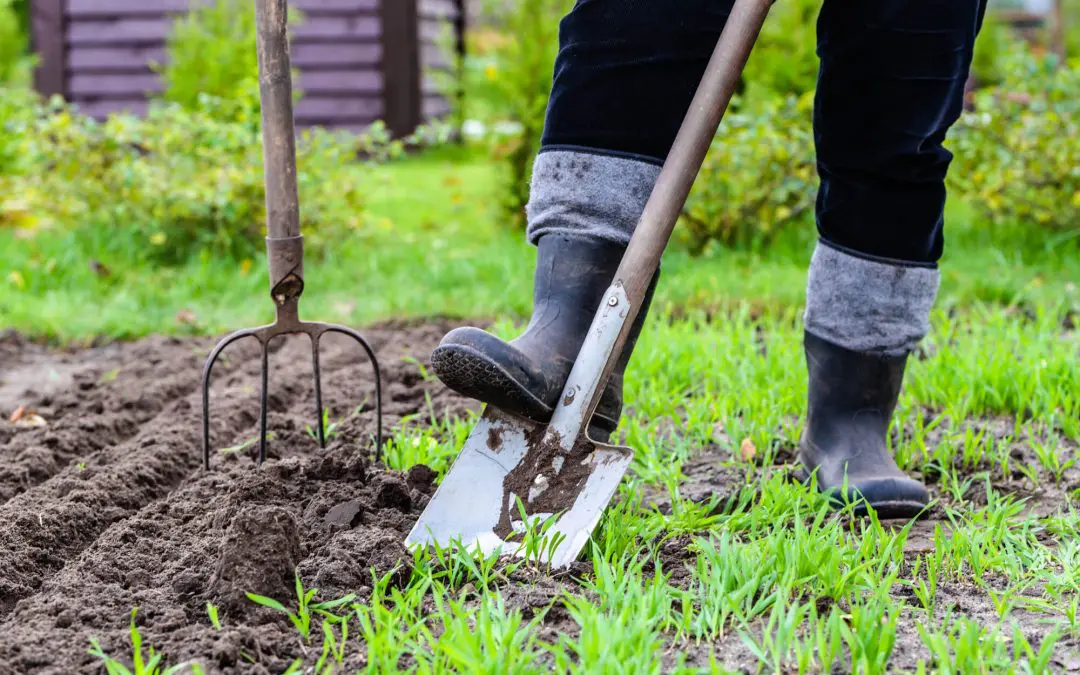Summer can be a great time for your garden—if you know how to handle the heat. Plants grow fast, flowers bloom big, and vegetables ripen quickly. But the warmer months also bring a few challenges: dry soil, intense sun, and unexpected pests. If you want your garden to stay healthy all season, a little planning and consistent care go a long way. Here’s what you need to know about summer gardening to keep your garden thriving from June through August.
Summer Gardening Essentials: Water Smart, Not Often
It’s tempting to water your garden every day when the heat kicks in, but that’s not always the best move. Instead of watering frequently, focus on watering deeply. This encourages roots to grow deep into the soil, which helps your plants stay stronger during dry spells.
Early morning is the best time to water. The sun isn’t too intense yet, so less water evaporates, and your plants can soak it in before the day gets hot. Avoid watering in the evening—wet leaves overnight can lead to mildew and disease.
Pay attention to the soil. If the top inch is dry, it’s time to water. Don’t just rely on a set schedule. Plants don’t care about calendars—they care about conditions.
Mulch is Your Summer MVP
If you’re not already using mulch, now’s the time. A layer of mulch helps your soil stay cool and hold moisture longer. It also keeps weeds down, which means less work for you.
Use organic mulch like shredded bark, straw, or compost. Spread it a few inches thick around your plants, but don’t pile it up against the stems or trunks. That can trap moisture where you don’t want it and cause rot.
Mulch also helps with soil health over time. As it breaks down, it feeds the earth beneath it, which gives your plants better long-term support.
Choose the Right Plants for the Season
Not every plant loves the summer sun. Some plants will struggle once the temperatures rise, while others thrive in full sun and heat. If you’re planting in early summer, stick with varieties that can handle higher temperatures.
Look for heat-tolerant vegetables like tomatoes, peppers, eggplant, okra, and squash. Herbs like basil, oregano, thyme, and rosemary also do well. If you’re planting flowers, go for marigolds, zinnias, and sunflowers.
If your spring plants are fading, don’t force them to keep going. Swap them out for something that’s built for summer. You’ll get better results and save yourself a lot of frustration.
Watch Out for Pests During Summer Gardening
Summer is prime time for garden pests. Aphids, spider mites, and beetles can show up overnight and do serious damage if you’re not watching closely.
Check the underside of leaves regularly. That’s where a lot of pests like to hide. If you catch them early, you can usually knock them off with a quick spray of water or treat the plant with neem oil or insecticidal soap.
Don’t assume you need chemicals right away. Many pests can be managed naturally. And sometimes, the best defense is attracting beneficial bugs like ladybugs and lacewings that keep the bad ones in check.
Harvest Often to Keep Things Growing
If you’re growing vegetables or herbs, don’t wait too long to harvest. The more you pick, the more the plant will produce. Leaving ripe fruits or herbs on the plant too long tells it to stop producing.
Check your garden a few times a week, even daily when things really start to take off. Pick veggies when they’re ready and trim back herbs before they flower. That will keep your plants healthy and productive.
Don’t Forget to Feed Your Plants
During the summer, your plants are growing fast and using up a lot of nutrients. If you haven’t fertilized in a while, they could be running low on what they need to stay strong.
Use a balanced fertilizer every few weeks or add compost to refresh the soil. Just don’t overdo it. Too much fertilizer, especially on vegetable plants, can lead to lush leaves and no fruit.
Stick with slow-release options or compost if you want a steady, low-stress way to keep your soil in good shape.
Let your garden enjoy the summer—and enjoy it with it. A little attention goes a long way this time of year.
Summer Gardening FAQs
How often should I water my garden in the summer?
It depends on your soil and weather, but a good rule is to water deeply two to three times a week. Always check the soil before watering again.
Can I plant new flowers or vegetables in the middle of summer?
Yes, but choose heat-tolerant plants and give them extra care for the first couple of weeks. Water them more often while they get established.
What’s the best mulch to use during the summer?
Organic mulch like shredded bark, straw, or compost works well. It helps retain moisture and improve the soil as it breaks down.
How do I protect my plants from extreme heat?
Water early in the morning, use mulch to cool the soil, and provide some shade if necessary. Shade cloth or even a patio umbrella can help during heatwaves.
Why are my tomato plants flowering but not producing fruit?
It could be too much nitrogen, high temperatures, or poor pollination. Try easing up on fertilizer and gently shaking the flowers to help spread pollen.
HomeVantage Home Inspections provides home inspections in Northern New Jersey. Contact us to request our services.

